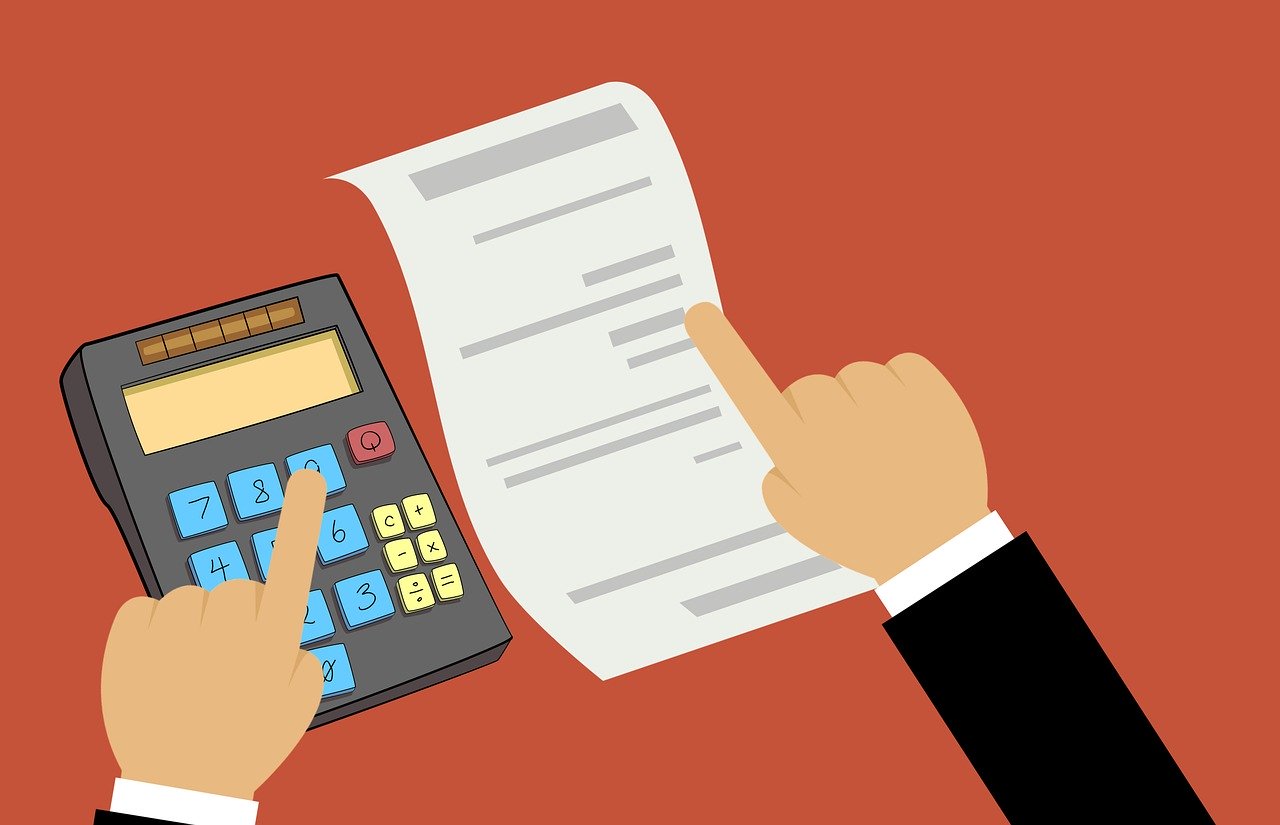Proper event budgeting is one of the most important aspects of a successful day. Although it’s not the most exciting part of planning, many people overlook just how much the right (or wrong) budget can affect the event planning process.
Sure, no one likes to talk about money, but we’re here to make everything a bit easier for you. Since budget planning has a lot to it, let’s break things down into three separate categories, each one as crucial as the last.
Are you struggling to account for everything you expect for your next get-together? Contact our team here and let us know how we can help. Cupa Cubana is known for bringing everything you need so that you can enjoy your event like everyone else.
For now, it’s time to tackle event budgeting one step at a time.

Establish Your Budget
You guessed it right; the first step in establishing a budget is accounting for all the varied costs. Since unexpected & additional costs are hard to plan for, leave a little extra room at the end for the miscellaneous options.
To begin planning your budget, nail down a few segments that are most important to your day. Think about the food, the entertainment, and the venue. It’s essential to keep in mind these aspects are often considered higher priced.
Which of the three will you prioritize most?
Event Management Software
Once you’ve accounted for the food, entertainment, and venue costs, you’re going to need a little bit of extra help to keep things on track. With all the little add-ons that are necessary to perfect an event, we suggest using event management software. Stay on top of forgotten costs such as the floral expenses or other decorations; they add up quick.
We recommend Expensify to ensure your budget is planned and being adhered to.
Breaking Down the Numbers
Now that you’ve created your budget and found ways to track additional expenses, the final step is finding a way to analyze everything. Have you ever heard of return on events (ROE)?
ROE gives you an overall idea of how much is being spent and the return is on that item. Sure, some things are harder to calculate than others, but you need to keep the numbers broken down. As quoted from cvent.com, use ROE to, “track budgeted, negotiated, and actual expenses to show their return on objectives and make your next budget even smarter.”
We’ve covered the basics to budgeting your next event; now it’s time for you to get planning!





